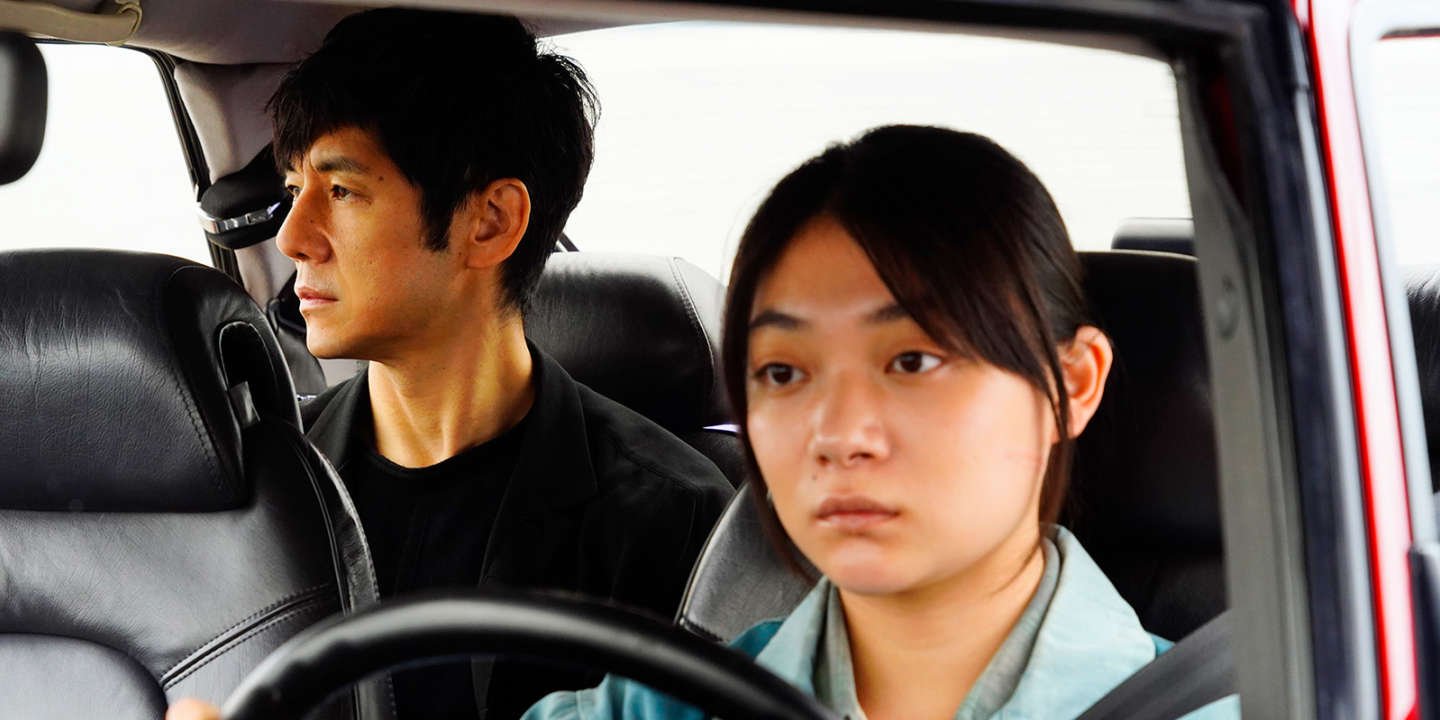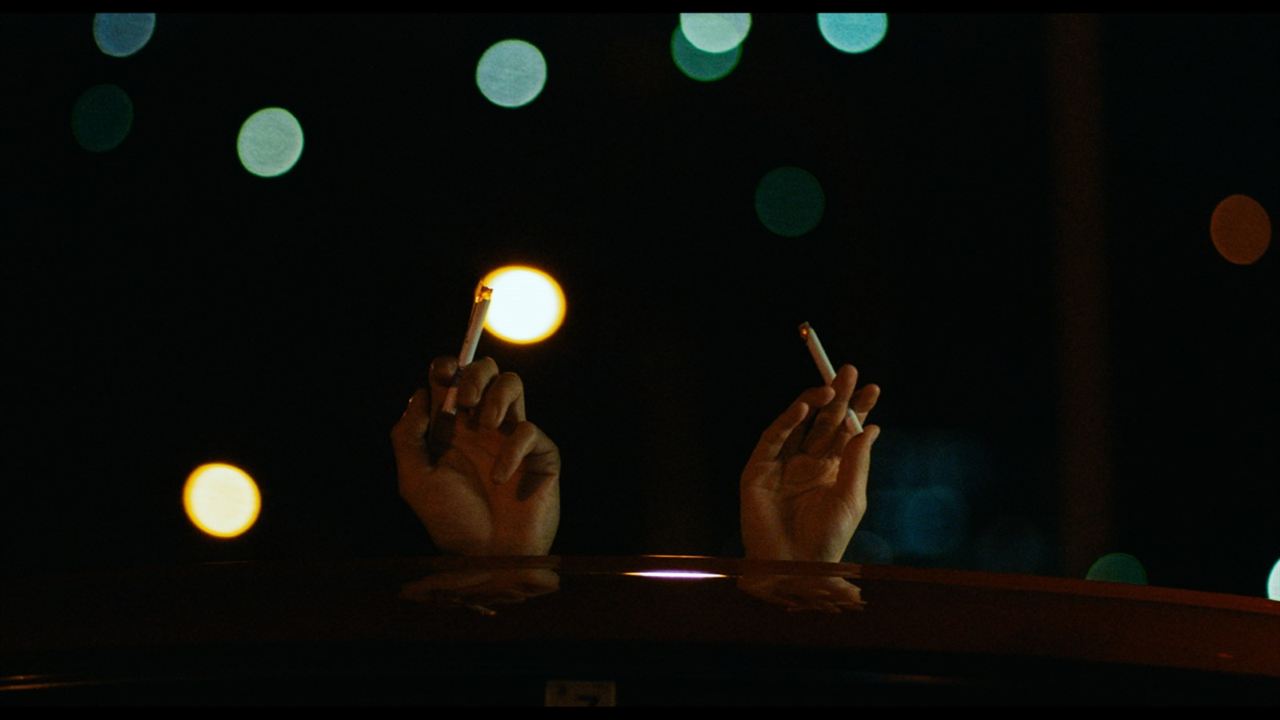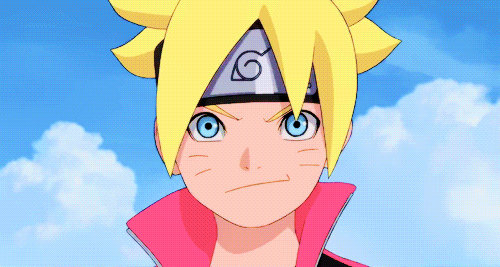It is almost in the realm of mysticism to see the evolution of a director. Ryūsuke Hamaguchi concretizes the subjects that are close to his heart as usual. He develops others but this time, a touching, intimate feeling emerges. Asako 1 and 2, and even her previous film, Tales of Chance and Other Fantasies seem to want to explore an emotion that is too obstinate and that by dint of wanting to flourish, ends up becoming too heavy and disintegrating.
Technical data sheet
Original titleドライブ・マイ・カー Doraibu mai kā Director Ryūsuke Hamaguchi Screenplay Ryūsuke Hamaguchi, Takamasa Ōe, Haruki Murakami (short story) Music Eiko Ishibashi Country of production Japan Genre Drama Duration 179 minutes Release 2021
distribution
Hidetoshi Nishijima as Yūsuke Kafuku Tōko Miura as Misaki Watari Masaki Okada as Kōji Takatsuki Reika Kirishima as Oto Kafuku Dae-Young Jin as Kon Yoon-su Yoo-rim Park as Lee Yoon-a Sonia Yuan as Janice Chan Satoko Abe as Yuhara
The story
Yusuke Kafuku, actor and theatre director, agrees to direct Chekhov's Uncle Vanya. Despite the tragedies that occurred in his life, he manages to concentrate body and soul on this new project. Accustomed to leading his life as he sees fit, he will be very surprised and even very upset when the production imposes a driver, a very young girl moreover. These two beings flayed by life will find the path to healing in the confined space of Kafuku's old car.
Impressions
 Kafuku, a director of multilingual plays, and his wife Oto, a television writer, lead a fairly routine life. Despite an impossible tragedy to overcome, they found a certain balance often expressed through sex. Oto is used to telling stories during the act. We become little children sitting on the floor waiting for the rest of these convoluted and exciting stories. She often forgets them when she wakes up and her husband reminds her. The eroticism that monopolizes all these scenes, engulfs us in their intimacy without giving an impression of voyeurism. The common thread of the stories, makes these scenes very deep. The images, of a clean, clear, beautiful beauty, will give a feeling of euphoria to our heart that will not leave us throughout the film. It's as if sex allows them to let off steam from everything they will never be able to exchange otherwise and that the director wanted to show us the right nature of their antics. But Oto dies suddenly, bringing with her all these moments of unique sharing. And unspoken. She was the only one who knew him, who knew him. The credits during the 40thminute will be greeted with surprise. A Japanese film that graces us with an introduction is not very usual, even very rare. Kafuku confirms his despair by his way of being. He carries weights that seem to want to prevent him from moving forward. The actor in him allows him to hide his tragedies. He closes himself off, he is only a director without any particular emotion. He has no identity. Like an automaton, he comforts himself in his life without succeeding or even wanting to get out of his pain.
Kafuku, a director of multilingual plays, and his wife Oto, a television writer, lead a fairly routine life. Despite an impossible tragedy to overcome, they found a certain balance often expressed through sex. Oto is used to telling stories during the act. We become little children sitting on the floor waiting for the rest of these convoluted and exciting stories. She often forgets them when she wakes up and her husband reminds her. The eroticism that monopolizes all these scenes, engulfs us in their intimacy without giving an impression of voyeurism. The common thread of the stories, makes these scenes very deep. The images, of a clean, clear, beautiful beauty, will give a feeling of euphoria to our heart that will not leave us throughout the film. It's as if sex allows them to let off steam from everything they will never be able to exchange otherwise and that the director wanted to show us the right nature of their antics. But Oto dies suddenly, bringing with her all these moments of unique sharing. And unspoken. She was the only one who knew him, who knew him. The credits during the 40thminute will be greeted with surprise. A Japanese film that graces us with an introduction is not very usual, even very rare. Kafuku confirms his despair by his way of being. He carries weights that seem to want to prevent him from moving forward. The actor in him allows him to hide his tragedies. He closes himself off, he is only a director without any particular emotion. He has no identity. Like an automaton, he comforts himself in his life without succeeding or even wanting to get out of his pain.  He was asked to direct Chekhov's play, Uncle Vania. But when he accepts, the production requires him to accept a driver in all his travels. That's when, in your head, you hear "Baby, you can drive my car, Yes, I'm going to be a star. Baby, you can drive my car, And maybe I'll love you". Like Norwegian Wood, Drive my car is also an adaptation of a short story by Murakami. Both works bear titles from Beatles songs and both are about the loss of loved ones. Kafuku's car is an old Saab 900. He uses cassettes to listen to and work on lines of his dialogue. Like many of us, he remained in that era when we listened to the Beatles, perhaps as a symbol of a refusal to progress. A period we do not want to leave.
He was asked to direct Chekhov's play, Uncle Vania. But when he accepts, the production requires him to accept a driver in all his travels. That's when, in your head, you hear "Baby, you can drive my car, Yes, I'm going to be a star. Baby, you can drive my car, And maybe I'll love you". Like Norwegian Wood, Drive my car is also an adaptation of a short story by Murakami. Both works bear titles from Beatles songs and both are about the loss of loved ones. Kafuku's car is an old Saab 900. He uses cassettes to listen to and work on lines of his dialogue. Like many of us, he remained in that era when we listened to the Beatles, perhaps as a symbol of a refusal to progress. A period we do not want to leave.  Kafuku has the actors read and reread the script by demanding not to act. Read as one reads a book aloud. According to him, it is necessary to immerse oneself completely in the text so that the interpretation, the movements, are much freer and attentive to the expression of the body. This method is completely opposite to the Stanislavski system, based on a thorough psychological research of the character. In short, to become the character, to live it on a daily basis to finally let it express itself as it pleases. His words, the gestures, correspond to the psychological image that we have made of the individual. This is curious insofar as Kafuku seems to rehash the past to better assimilate and understand it. If he looked at his life from another angle, he would realize that we cannot change the past, but we can change.
Kafuku has the actors read and reread the script by demanding not to act. Read as one reads a book aloud. According to him, it is necessary to immerse oneself completely in the text so that the interpretation, the movements, are much freer and attentive to the expression of the body. This method is completely opposite to the Stanislavski system, based on a thorough psychological research of the character. In short, to become the character, to live it on a daily basis to finally let it express itself as it pleases. His words, the gestures, correspond to the psychological image that we have made of the individual. This is curious insofar as Kafuku seems to rehash the past to better assimilate and understand it. If he looked at his life from another angle, he would realize that we cannot change the past, but we can change.  In a symbolic way, a car can prove to be a notion of life. We lead it and we bring it as we see fit. At least, that's what we'd like. The color red is a symbol of passion, requirement. Here Kafuku is in front of Misaki, a taciturn, silent and very good driver according to the production. The director revolts. He really feels like he's leaving his life in the hands of this young girl. He wants to try once. From that moment on, the confined space of this small car, becomes the witness of their conversations. Of their silence. In one of his stories, Oto talks about the lamprey, a parasitic and carnivorous fish that inspires the fluids of the parasitized victim. Kafuku and Misaki feel guilty about living. They are confronted with their bad choices, their bad decisions, and remorse parasitizes them, prevents them from breathing. Their malaise slowly transforms, sees the light and finally finds a way out.
In a symbolic way, a car can prove to be a notion of life. We lead it and we bring it as we see fit. At least, that's what we'd like. The color red is a symbol of passion, requirement. Here Kafuku is in front of Misaki, a taciturn, silent and very good driver according to the production. The director revolts. He really feels like he's leaving his life in the hands of this young girl. He wants to try once. From that moment on, the confined space of this small car, becomes the witness of their conversations. Of their silence. In one of his stories, Oto talks about the lamprey, a parasitic and carnivorous fish that inspires the fluids of the parasitized victim. Kafuku and Misaki feel guilty about living. They are confronted with their bad choices, their bad decisions, and remorse parasitizes them, prevents them from breathing. Their malaise slowly transforms, sees the light and finally finds a way out.
Ryūsuke Hamaguchi VS Kim Jong-Kwan
Ryūsuke Hamaguchi's scripts could remind us of those of Korean director Kim Jong-Kwan. Their stories focus for the most part on dialogues that explore, not only the characters, but especially the situations that made them become what they are. But while the Korean director knows how to make emotions and feelings sweat during a tiny exchange, Hamaguchi stays further back and apparently needs three hours for the feelings to blossom. But, here is still the glaring point of his evolution: while in his previous films, the very strong emotions remain quite smooth and introverted, it seems that in Drive my car , he has finally let the sun in. It's much more realistic, much more skin-deep and perhaps more understandable and adapted to the European viewer.  The end of the play is very conclusive and openly expresses a rather promising moral. This message, somewhat Bob Marley, "Everything's going to be alright… ", is the one that the director wants to pass on to us by showing us Misaki in South Korea in the middle of the Covid period? Besides, the film should have been shot in South Korea. In Busan specifically. But this proved impossible because of Covid. Is this perhaps why Kafuku drives on the right? Despite our research, this detail was not expressed in any of the interventions given by the director. To follow.
The end of the play is very conclusive and openly expresses a rather promising moral. This message, somewhat Bob Marley, "Everything's going to be alright… ", is the one that the director wants to pass on to us by showing us Misaki in South Korea in the middle of the Covid period? Besides, the film should have been shot in South Korea. In Busan specifically. But this proved impossible because of Covid. Is this perhaps why Kafuku drives on the right? Despite our research, this detail was not expressed in any of the interventions given by the director. To follow.
Rewards
Cannes Film Festival 2021: Best Screenplay Award FIPRESCI Prize at the Cannes Film Festival Ecumenical Jury Prize Los Angeles Film Critics Association Awards for Best Film and Best Screenplay for Ryūsuke Hamaguchi and Takamasa Ōe Golden Globes 2022: Best Foreign Language Film






































![[CRITIQUE] Outlander : Une saison 3 en deçà ?](https://www.justfocus.fr/wp-content/uploads/2017/12/justfocus-outlander-critique-avis-saison-3-netflix-starz-wordpress.jpg)

